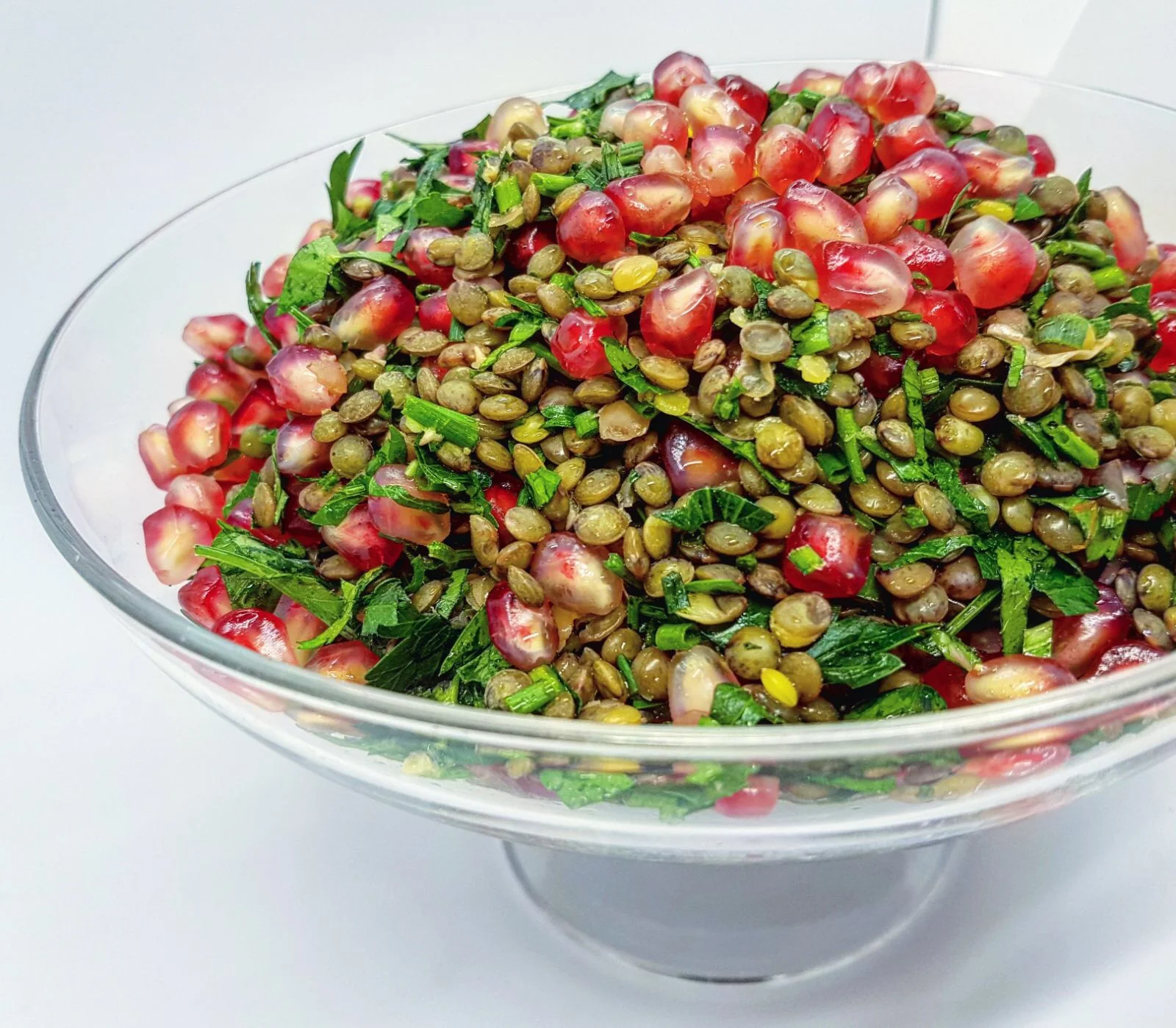How can you help an addict?
Addiction – like most mental health issues – remains a taboo in the Arab world despite its dreadful consequences. Good mental health services are rarely available in the region and addicts – and their families – are often too ashamed to check themselves into rehabilitation centers. This leaves us wondering – how can we concretely help an addict?
Let’s be real – it’s hard loving an addict. Seeing them makes you angry most of the time and you can’t help but wish someone would just stop them. You may think what they need is an “intervention”, meaning a gathering of all the people in their life confronting them at once with what they’re doing and threatening to cut them off if they don’t stop immediately. Since the reason behind addiction is a lack of connection, it becomes clear that this method is clearly wrong.
Stigmatizing and shaming drug addicts only makes their problems worse. The countries who have consistently punished drug addicts by treating them like criminals never saw a decrease in drug use. Actually, it’s quite the opposite. Portugal, for instance, had one of the worst drug problems in Europe – one percent of the population was addicted to heroin. The government decided that the country couldn’t go on like this and entrusted a team of doctors and scientists with the mission to figure out what could genuinely solve the problem. The conclusion they came to was clear: “take all the money we used to spend on cutting addicts off, on disconnecting them, and spend it instead on reconnecting them with society."
So, they sent some of the addicts to residential rehab and made them undergo psychological therapy, but most importantly they did something rather unusual: a massive program of job creation for addicts and even microloans to help some of them set up small businesses. Their goal was to make sure that every addict had something to get out of bed for in the morning. And as the addicts rediscovered purpose, they rediscovered bonds and relationships with the wider society. The results were mind-blowing: injection drug use went down by 50 percent in a decade. The number of overdoses decreased significantly, and addictions overall diminished greatly.
Now, that experiment has been carried out at a state level. But it’s important to remind ourselves that we live in a culture where people feel increasingly vulnerable to all sorts of addictions, whether it be to eating or to shopping or even to their smartphones. Although today’s society might appear like the most connected society ever, it’s perhaps one of the loneliest societies there has ever been. In times of crisis, people realize that their Twitter followers or Facebook friends won’t help them turn it around. And if they find themselves short of flesh and blood friends or relatives they can call in time of need, they become more likely to turn to addictions.
Tell them: “You're not alone, we love you!”
So concretely, what can you do? Although it’s not always easy, you can tell the addicts in your life that you love them – whether they’re using or not and whatever state they’re in – and that you’ll be there for them if they need you, because you don’t want them to be or feel alone. By deepening the connection you have with them, you give them a reason to be present in their life. Having work they love, people they love, and healthy relationships are the biggest incentives for them to turn their lives around.
If you enjoyed reading this article, please share it with your friends and networks using the little icons below.







